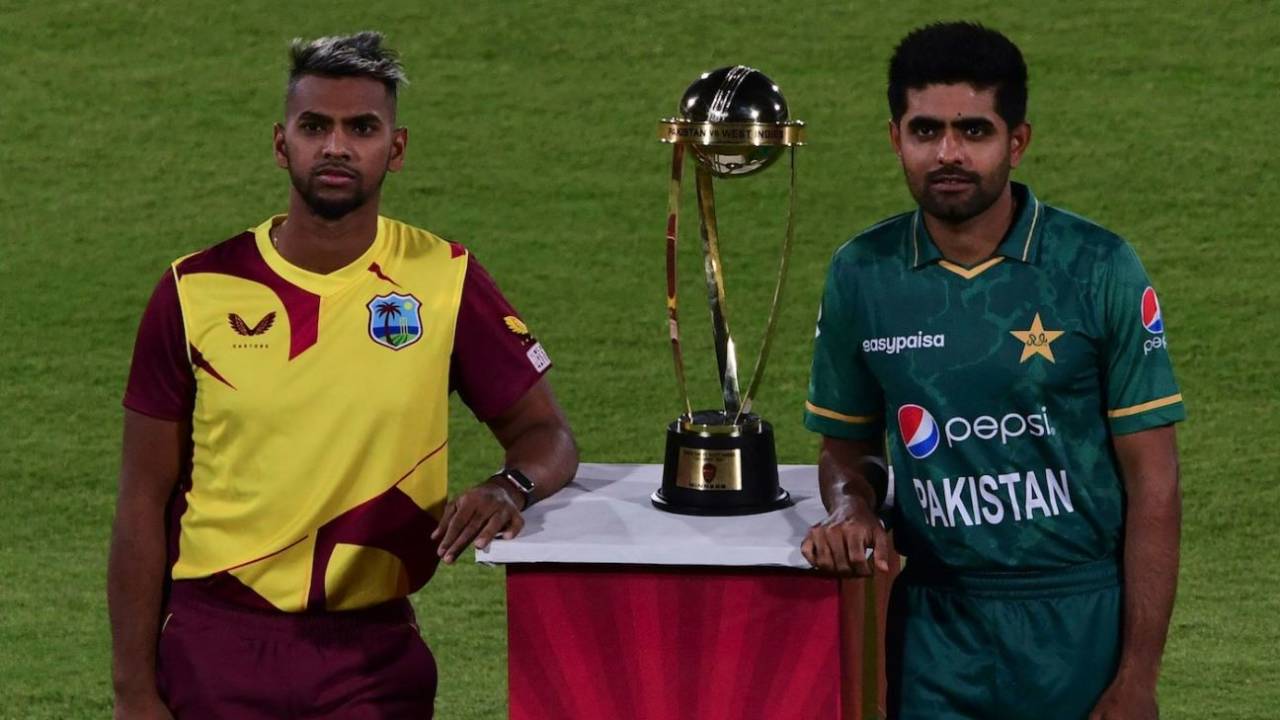It's 326 BC. The Internet hasn't been invented. The first Test match is yet to be played. We're talking about a time well before even the first Shahid Afridi retirement announcement. A time when incursions of any kind are dictated as much by the weather as any other tactical considerations; launching one in the winter - with defence against the cold virtually non-existent - is perhaps the most unforgivable blunder one could commit. Even 2,000 years later, two of the most famously disastrous military debacles - Napoleon's invasion of Russia and Nazi Germany's in the Soviet Union - will largely by done in by the extreme cold.
And yet, when Alexander was plotting a move against the Mallians in what is now widely considered to be Multan, he ruled out waiting till the summer months. He picked instead the miserably wet winter months to launch his campaign, catching the inhabitants by surprise. The citadel was besieged, and by February, the city had fallen, before winter was forced to begin its annual eight month retreat from South Punjab's most prominent city.
2,348 years later, it perhaps becomes clearer why the ancient Greek emperor preferred to give Multan a wide berth once the summer sun had set in. An incursion of a very different kind is upon us, with the West Indies cricket team to play Pakistan's in an ODI series carried over from last year and much has changed in one of the cities most redolent of the subcontinent's uniquely storied history. It is now a bustling modern metropolis, a hub of commercial and economic activity with state-of-the-art infrastructure. Little has changed in one aspect, though; there remains virtually no defence against the oppressive heat.
The temperature on each of the days the three ODIs are due to be played will regularly exceed 45C, forcing the games to begin well into the evening, likely finishing after midnight. Multan was by no means Pakistan's first choice as host at this time of year, with the slightly cooler Rawalpindi originally slated to host the games. But political uncertainty
forced a change of venue, and with Lahore and Karachi's surfaces being relaid, the Pakistan Cricket Board had little choice but to move a series being held at the hottest time of the year to the hottest city with an international cricket ground.
However, this isn't the first time a series is being held in uncomfortably hot weather, and with empty spaces in the calendar shrinking ever further, it certainly won't be the last. Indeed, the PSL last year famously took place in Abu Dhabi in June and July, and the BBL and IPL are regularly held at times when dry heat in a number of host cities is high. Add to that the fact this series was a victim of
Covid-induced havoc the previous winter, and originally scheduled for December.
Pakistan have made
preparations to combat the heat, holding training camps in advance to ensure they're as acclimatised as they possibly can be. There are, after all, Super League points at stake, and Pakistan, with only six wins out of 12 this cycle, will need to push themselves further up the table if they are to avoid the World Cup qualifiers in Zimbabwe.
Babar Azam's men are fresh off an impressive
come-from-behind series win over Australia at home, and will field a largely full-strength side. They should be firm favourites against an opposition that, until their
3-0 series win in the Netherlands last week, hadn't won an away ODI series for more than a decade.
With preparations for the World Cup next year gradually kicking, it's that series against Australia that perhaps offers the clearest blueprint for the brand of ODI cricket Pakistan want to play, and the quality they bring to the table on batting-friendly tracks. West Indies don't possess Australia's quality in either department, and the bone-dry pitches Multan will offer up look set to produce big scores once more. That might mean Pakistan's soft underbelly - their middle order - stays shielded once again, but
Fakhar Zaman,
Imam-ul-Haq and Babar have glorious opportunities to pick up where they left off.
West Indies face challenges on multiple fronts. You don't need Google to know Amstelveen's conditions are unlikely to equip them to handle what they will experience in Multan. You also don't need to check the ICC rankings to know victory over the Netherlands is probably not indicative of the way things might go against Pakistan.
But even so, West Indies will be buoyed by the variety of performers they had in the Netherlands. The three hundreds were scored by three different top-order batters, while rising star
Brandon King smashed two unbeaten half-centuries to finish that series off.
Akeal Hosein and
Alzarri Joseph were consistently solid with the ball, and victory, regardless of the opposition, will always provide the one thing that all sportspeople need: confidence.
Even for this city, teeming with 1000-year old Sufi mystic shrines, temples and mosques, as well as the saintly tombs that give Multan its sobriquet, this series is historic. It's the first international cricket held outside the three major power centres in Pakistan since the 2009 attack, allowing Multan to savour something it has been deprived of for far too long: the spotlight. It's a glorious place to pay a visit, but - as even Alexander knew two millennia ago - perhaps when the weather's a little bit cooler.

